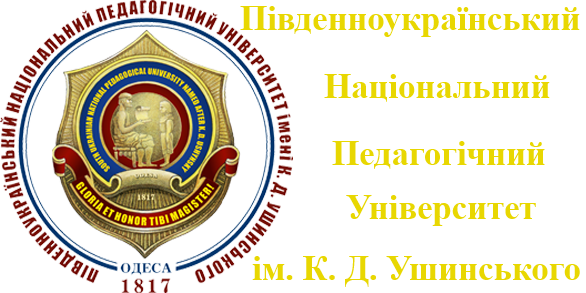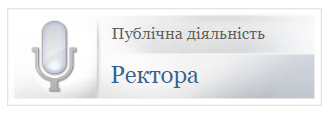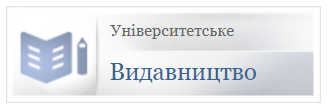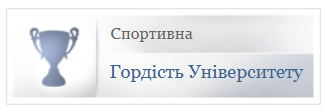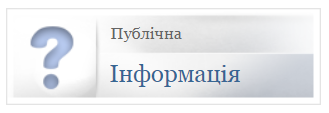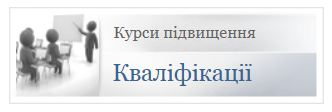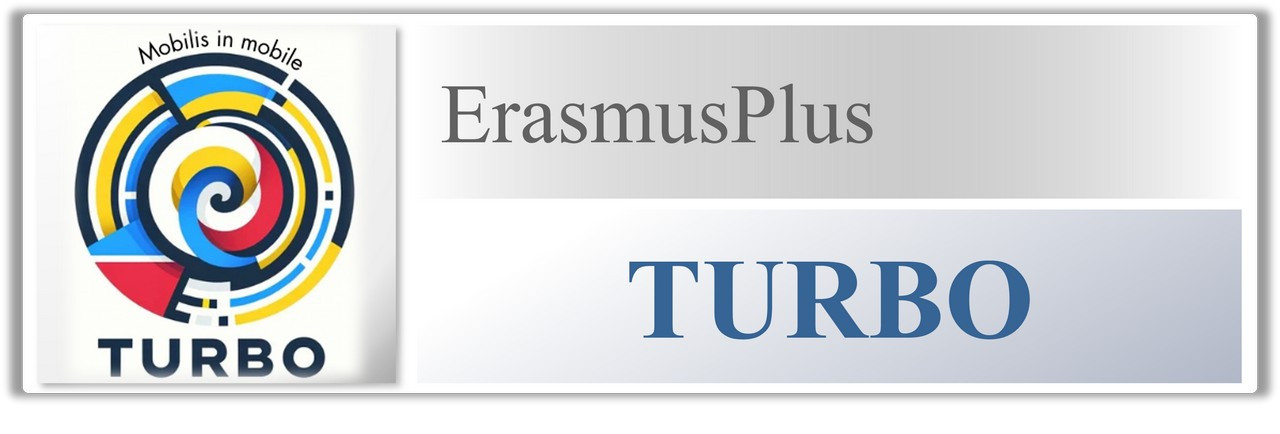Prof. Nesterenko Viktoriia
Ph.D. Zhukovkii Vadym
Chernykh Volodymyr
In the framework of MoPED Project from March, 19 till March, 25 the Deusto University (Bilbao, Spain) was visited.
During visiting studies, hold at the Deusto University got acquainted with such didactical tools:
|
STEAM Decks |
a card-playing game about Science, Technology, Engineering, Arts and Maths. STEAM Decks provides a free access online platform where primary and secondary school students are able to develop declarative knowledge in a contextualized and meaningful way through a multiplayer and online card game. There are several benefits from using STEAM Decks: Developing contextualized and significative declarative knowledge. Comparisons help to understand the context of data (e.g., is swimming at 5 km/h fast or slow?) and encourages generalizations. Students will be able to choose from a large set of decks that cover many different topics and even create their own decks to foster significative learning. Boosting creativity. Users are not only intended to be players, but also creators of their own learning materials. Designing and developing a new card deck requires several procedural competences and soft skills. Being fun. Learning by playing enables gamification. These techniques take advantage from fun to empower learning processes. Improving digital skills. Digital literacy can be significantly improved when creating new STEAM decks, an activity that involves digital design, searching and selecting information, data management and editing.
|
|
Kodetu |
Kodetu is one of the tools developed by LearningLab. It is an online platform for learning the basics of programming. Based on “Maze”, it is a basic application developed with Blockly (a software library by Google to create visual programming environments). We have modified it in three ways: 1) we added five new challenges to support participants understand block-based coding; 2) we added a fine-grained logging system to collect users’ actions while using the tool; and 3) we developed a system for defining different settings for groups of users. To solve Kodetu’s challenges students have to define the astronaut’s movements using coding blocks in a workspace. There are blocks to go forward (F), turn right (R), turn left (L), check whether there is a path in front, left, or right of the astronaut, and perform loops to move toward the goal. |
|
COMPUS |
is a game for 1 to 4 people with an estimated minimum age to play of 8 years and older. In COMPUS each player will simulate being a computer program and he/she will try to get the desired result (a combination of bits) before the others. The goal of the game is to get the desired result in the register A of the CPU. The first player to achieve this goal wins the game. Every turn, each player must do the following: 1) know how much CPU time is available, 2) play as many operation cards as time units have been assigned in the previous step, and 3) take as many operation cards as they have been played in the previous step. Operation cards include logic and arithmetic operations, sucha as: increment, decrement, or, and, not, xor, movement, rotate left and rotate right. |
|
PLATON: Assessment Tool |
Inquiry Based Learning aims at developing fundamental skills in students, that will lead them to a successful future. Because of this, more than assessing students for the individual pieces of knowledge that they retain, it becomes more meaningful to assess them for their development of Inquiry and 21st century skills. In PLATON the development of Inquiry skills, the ability to relate the learning experiences in an interdisciplinary way and the so called 4C's of the 21st century skills: Critical thinking and problem solving, Collaboration, Communication and Creativity are assessed. The given tool allows one to collect evidences in a regular basis throughout the activity and give constant and immediate feedback to students. It will also allow one to adapt own methodology of teaching according to the progress of students. The tools provided by PLATON are just a suggestion and a starting point, so one can find a non-editable format and an editable one so that to be changed and adopted it to one`s own practice. |
|
VOCAL: multicultural approach in the contemporary classroom |
The VOCAL – Vocational Online CollAboration for Learning project aims to support vocational education and training in Europe through providing training opportunity for HE and VET teachers to experience and to develop skills in online collaborative learning. |
|
Social Lab |
It is a social engineering wargame. Social Lab privacy wargame mimics the features of a basic social network (i.e., friendship requests, status updates, private messages, pictures, fan pages, etc.) to provide a "social sandbox". The purpose of the game is to learn some of the techniques used by social hackers in order to prevent this kind of attacks in real social networks. |
PHOTOS
|
|
|
|
Workgroup from SUNPU (Odesa, Ukraine) |
Conference hall |
|
IT Lab |
|
|
Steam Board games |
debug board in WebLab |
|
FabLab equipment |
|
|
Visiting study participants |
|
Workgroup from SUNPU (Odesa, Ukraine)




